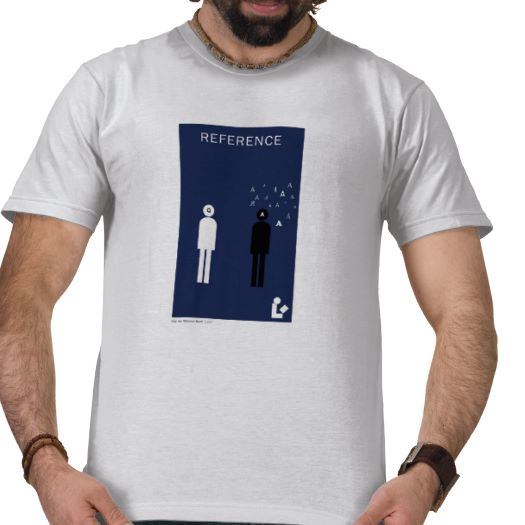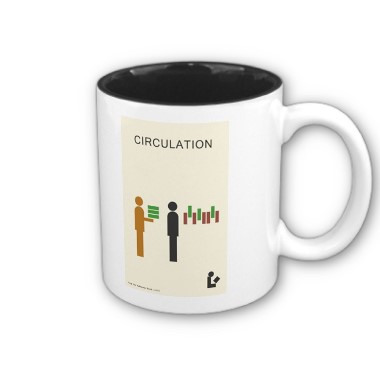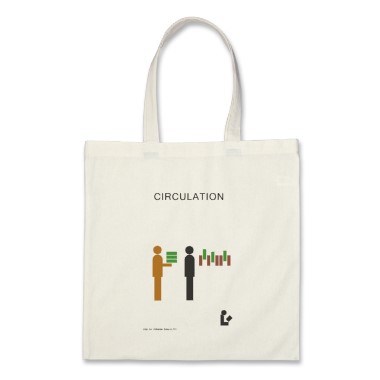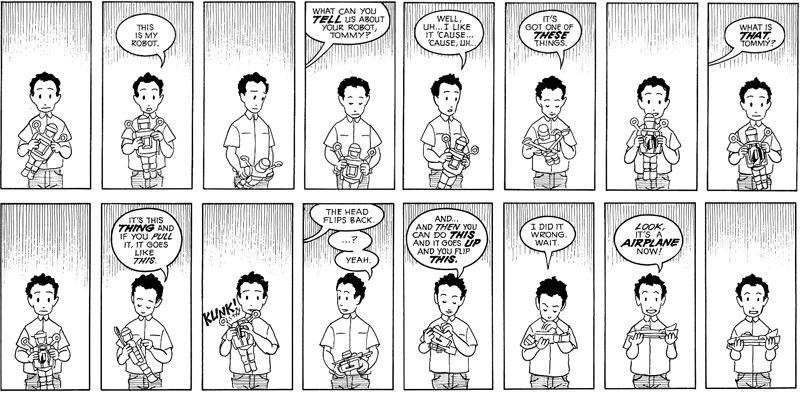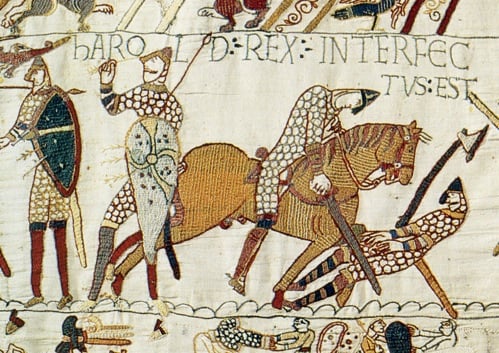 The good people at The Register have declared the Bayeux Tapestry one heck of an effective archival medium:
The good people at The Register have declared the Bayeux Tapestry one heck of an effective archival medium:
In the town of Bayeux in northern France you can see the world’s oldest information archive based on a long ribbon of material, a very early example of what was to become tape media…
From the endurance point of view the Tapestry has lasted almost 1000 years – an amazing record. The vegetable dyes used to colour the threads have kept their colour for nearly one hundred decades, and the woven cloth fabric has kept its structural integrity for the same time period despite several instances of mistreatment. Who says ribbons of “TAPEstry” are unreliable?[read full article]
I’ve never thought of the tapestry this way. Mostly, I know it from the opening to Robinhood Prince of Thieves.
Art as a mnemonic recall tool has been used the world over. Anyone familiar with indigenous peoples’ land claim disputes in Canada knows how wampum belts can be used as legal/historical documents.
In a world where so much cultural production is high-tech and/or disposable, history will always provide examples of lower-tech approaches that have an enduring quality.
There are some risks. The Bayeux tapestry requires a mix of other records to survive for us to understand it. A series of floods and fires could have wiped its story off the historical map. Still, it gets points for lasting.
Will today’s digital repositories achieve this sort of longevity? Even in the last 50 years, some digital records has slipped from our grasp because of fast moving technological developments.
The Bayeux Tapestry is a good reminder to keep things simple. It’s also a reminder that archiving information, though a fallible process at the mercy providence, is important in information saturated times such as these.
It’s not about preserving a single item, like the tapestry. It’s important to work to capture the information that makes any single item make sense. This is the ongoing challenge and the wonderful mission of archives.








